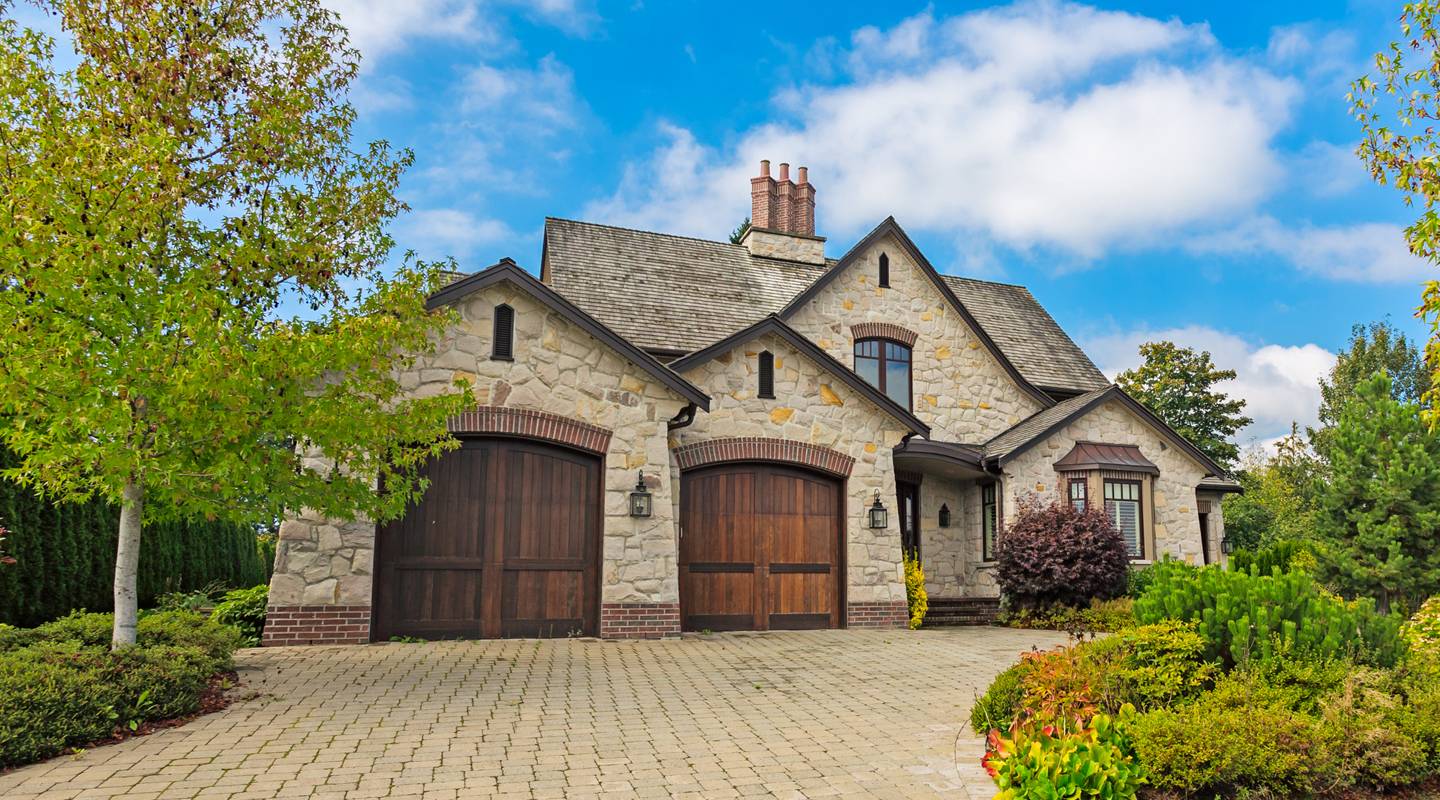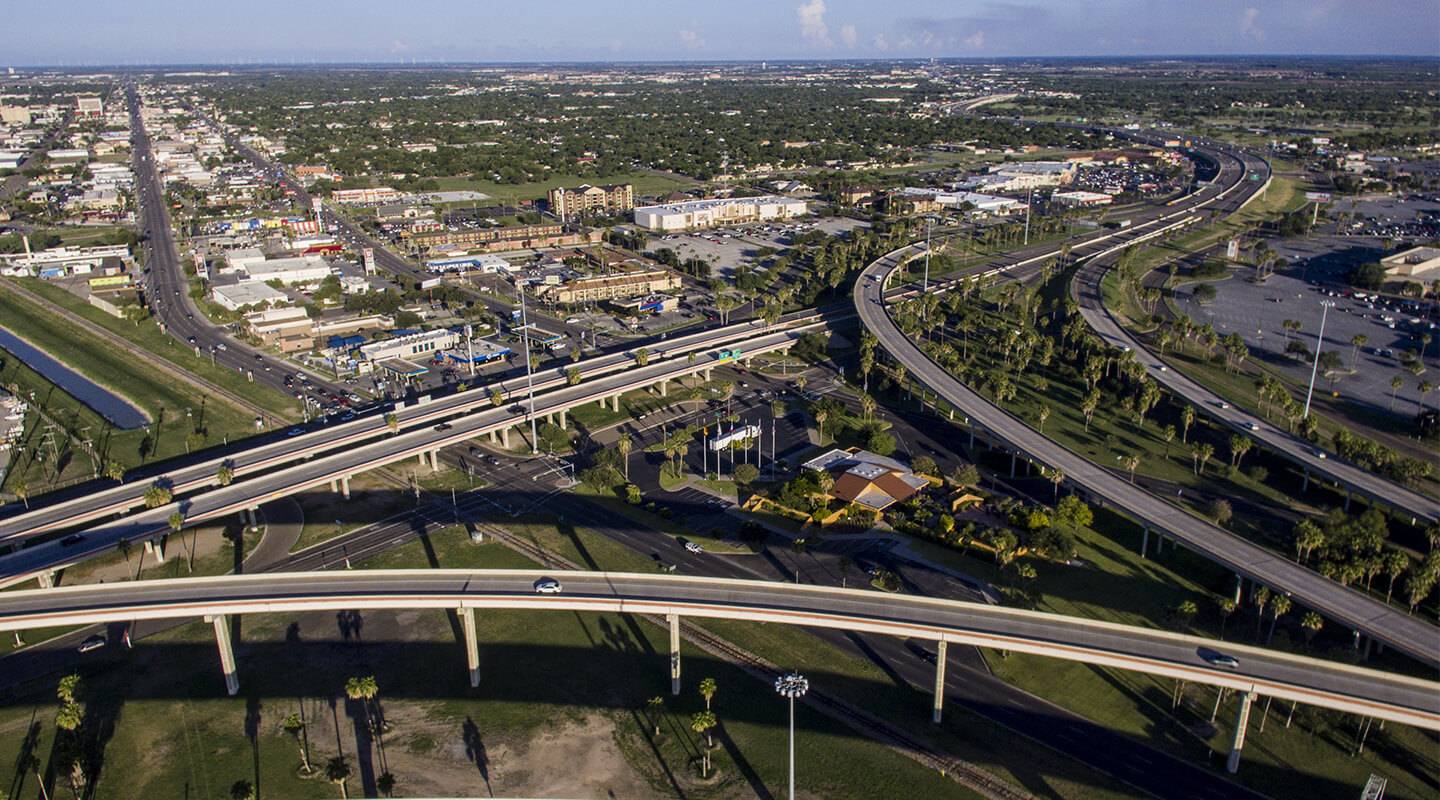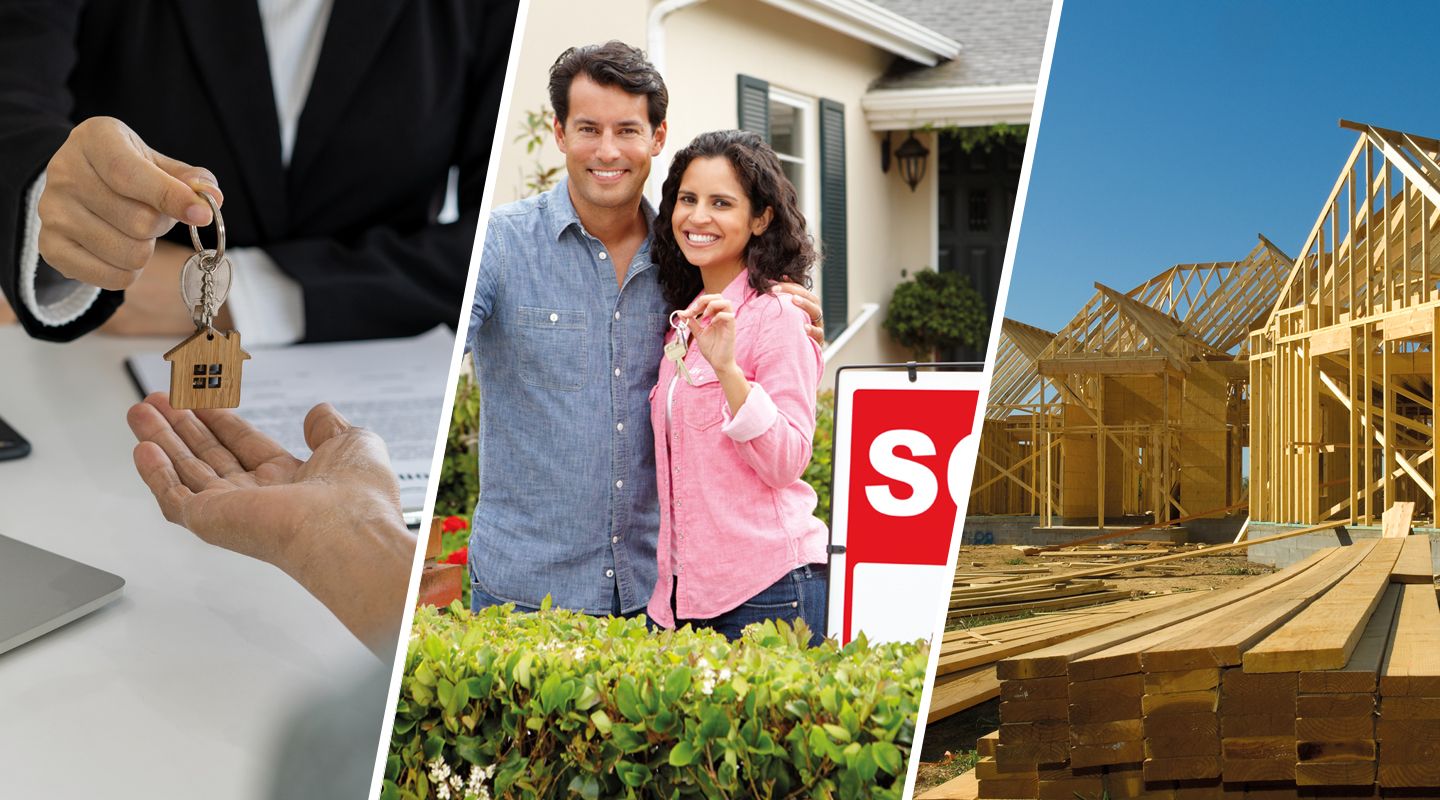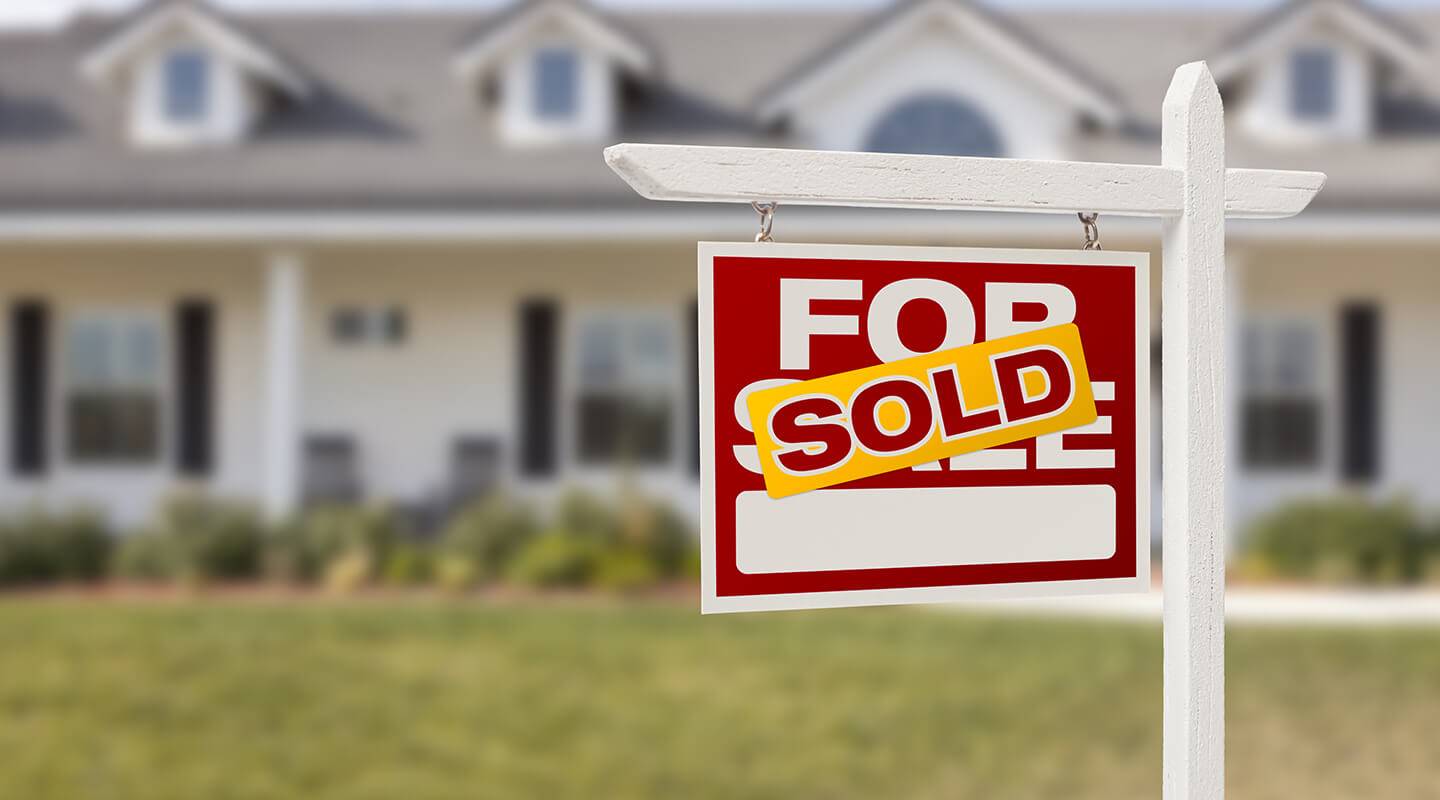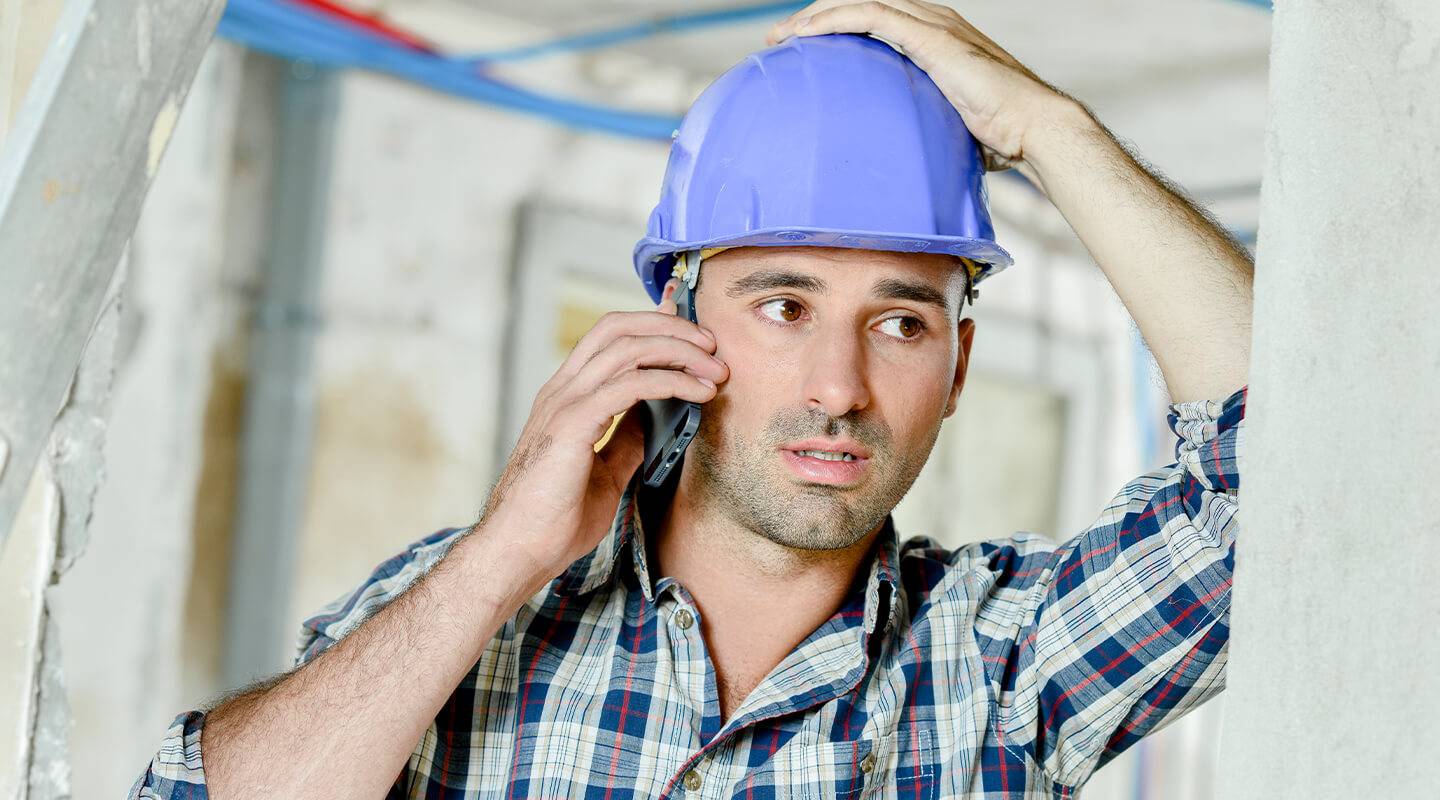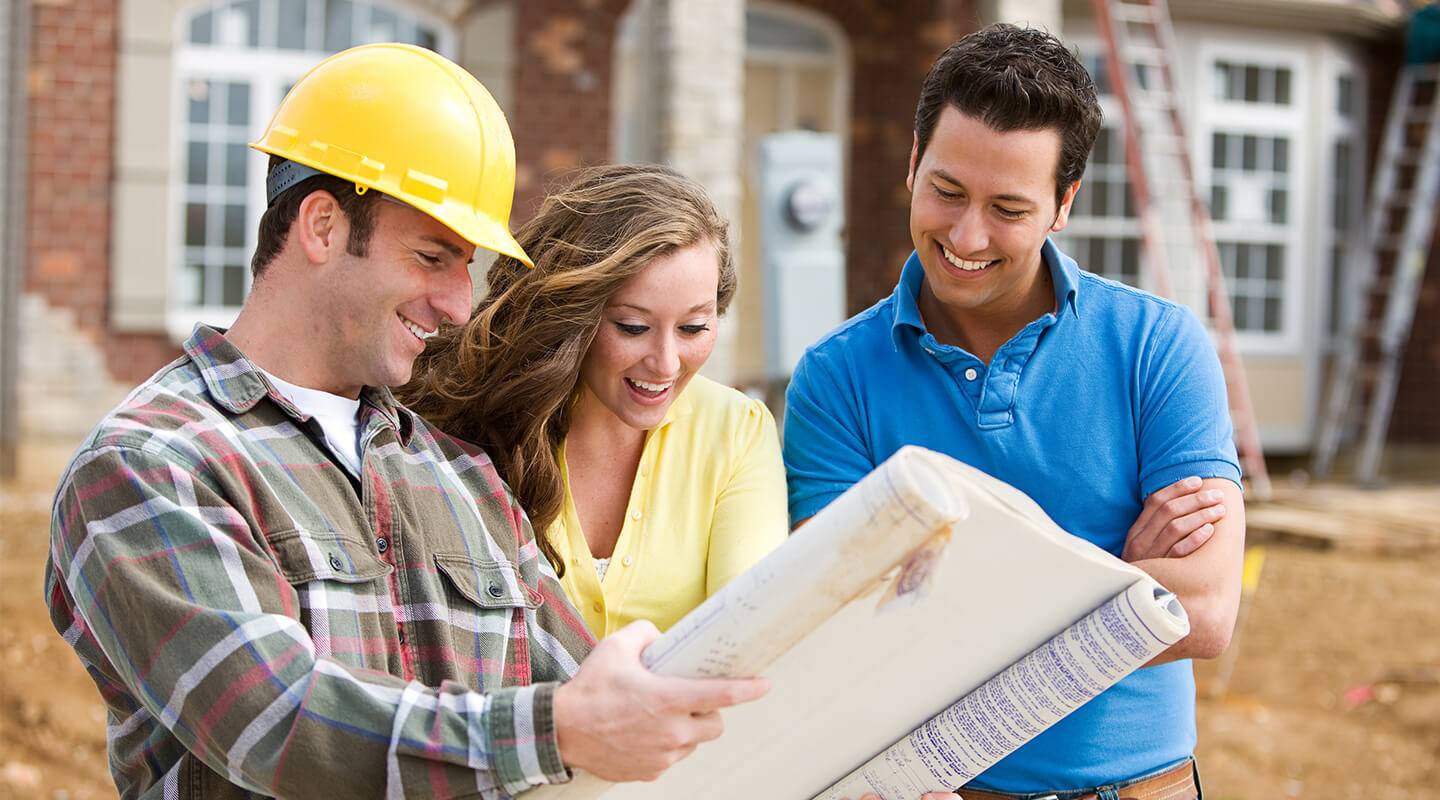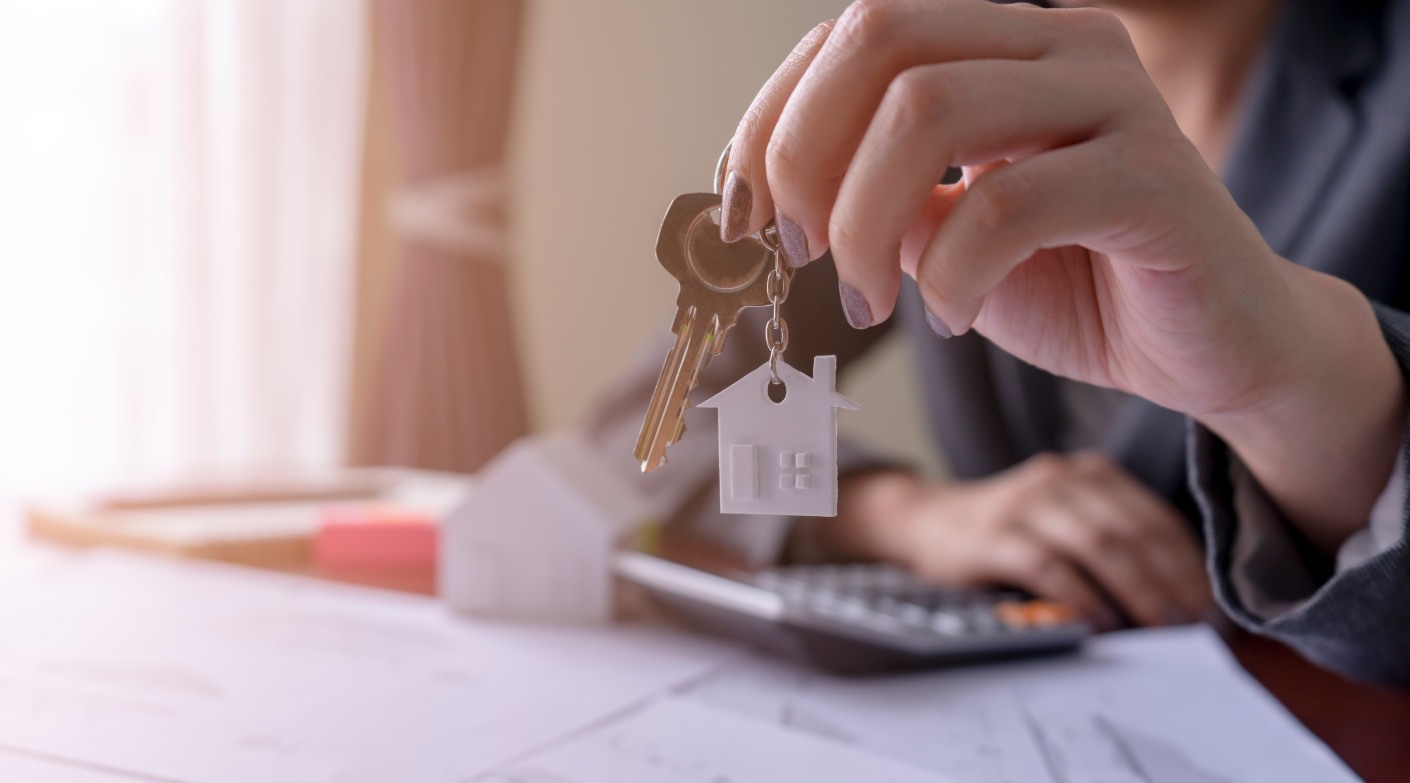
Buying a new home in the US, especially in the suburbs, is an essential part of the American dream. It is a sign of financial stability and a ticket to the higher middle classes of society. Although buying a new home brings a lot of joy and happiness to new owners, it is hard to come by, and even when it does, it happens at quite a hefty price. Apart from the price of the house, other expenses resulting from renovations and repairs also add to the actual cost.
Average Home Price In The US
Home prices in the US have always been on the higher end of the scale. According to a report from Zillow, home prices in the US have hit upwards of $293,349 as of June 2021, which is 13.2% higher than the price 12 months ago. The joint report by the U.S. Census Bureau and the U.S. Department of Housing and Urban Development (PDF) stated the average sales price of new houses sold in June 2021 was $428,700, and the median sales price was $361,800.
Reasons For The Price Hike
There are multiple reasons for the price hike, with the pandemic being the main cause behind the factors. Here is a list of the factors that have caused the increase in the price hike.
- Price Hike In Softwood Lumber
During the pandemic, softwood lumber prices spiked by more than an astonishing 300%. Although the prices have radically fallen in the last month, they still stand around 75% higher than the average rate in 2019.
- High Demand For New Homes
The pandemic has caused many people, especially city dwellers, to move to the suburbs. Moreover, millennials, who make up the largest group of generations, have entered the home buying years. This has caused high demand in the housing market, raising prices. Even homes that need major repairs and fixes are also high in demand due to the lack of available homes.
- Shortage Of Resources
Besides the above-stated reasons, shortages of appliances, human labor, and affordable lots have all contributed to the price hikes in homes. The Pandemic is to be blamed again for the cause, as social restrictions and low productivity rates lead to these factors.
Cities With The Highest Prices
According to Insurify, San Jose, California, has the highest average home sale price of $1,068,398. The next four cities in the pecking order are San Francisco, Los Angeles-Long Beach-Anaheim, Ventura, and San Diego, all located in California, ranging from almost $600,000 to $811,800. According to CNBC, the 20 cities with the highest average home-sale prices reported a 17% increase in year-over-year value. Among these cities, Phoenix, San Diego, and Seattle reported the highest year-over-year gains – 25.9%, 24.7%, and 23.4%, respectively.
How Much Do Homes Really Cost?
Despite the record-high prices shown above, the actual cost of homes can tend to be much higher for US audiences. This is because many unlisted expenses go along with the listed price of the homes arising from mortgages and repairs. For example, fixer-upper homes that need major repairs can cost an extra 10% or more of the listed house price. This percentage increases or decreases depending on the house condition and the spending power of the new homeowners.
Furthermore, high mortgage rates can significantly increase the price of houses. The most popular 30-year fixed mortgage has an average annual interest rate of 2.98%. This may not seem like much, but it doubles the price of the house by the end of the payment. Thus, certain factors like these have to be kept in mind while buying a new home. For example, a family home in the suburbs with a listed price of $555,000 would cost around $1,051,170 at the end of the 30-year fixed mortgage. This excludes the cost of repairs and renovations at the time of purchase.
Of course, you can neglect this amount if you pay the full amount up-front, but that is not often the case. Most people from the US audience opt for fixed mortgages ranging over different years. Credit debts and high living expenses restrict people from paying full amounts for homes at the time of purchase. The U.S. is one of the most expensive countries to live in, and it is often ranked at the top when it comes to high real-estate prices.
Conclusion
In conclusion, buying a new home is one of the best experiences in life. It brings happiness and satisfaction to your life, especially after all the hard work you spend earning money.
Purchasing a house, as we have seen, is quite expensive with many hidden extra expenses. Moreover, maintaining a home and other financial expenses can become a burden in no time. This is why it makes sense to weigh your options well and choose the right builder for this important phase of your life. Contact us today to learn more.


